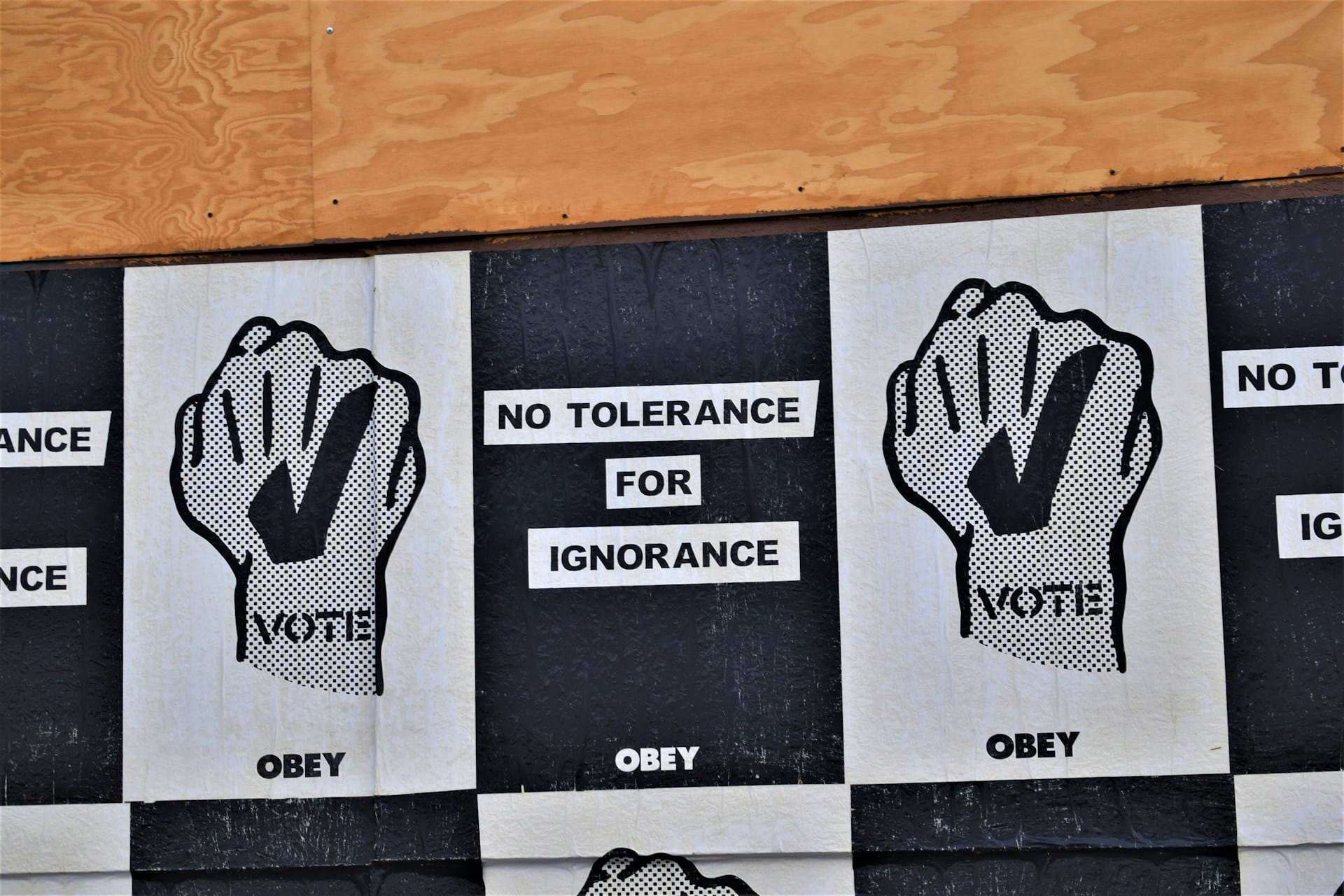In today’s hyper-connected world, social media has become an indispensable tool for sharing information, fostering communication, and building communities. It has also revolutionized the way politics is conducted and discussed. Platforms like Twitter, Facebook, Instagram, and TikTok have turned into battlegrounds for political debate and discourse, giving both everyday citizens and public figures a space to voice their opinions. However, as these platforms have become increasingly politicized, many individuals find themselves in a state of heightened stress, anxiety, and even burnout. At the same time, social media offers powerful avenues for advocacy, activism, politics, and connection, particularly for marginalized voices who might not otherwise be heard.
This paradox—of both empowering and overwhelming users—makes social media a double-edged sword in the realm of politics and mental health. In this article, we’ll explore how the constant stream of political discourse can heighten stress and anxiety, while also serving as a tool for positive advocacy and connection. We will also provide insights into how individuals can manage their mental health in an increasingly polarized online environment.
The Emotional Toll of Constant Political Exposure
The 24/7 News Cycle

One of the primary reasons that social media can negatively affect mental health is the relentless exposure to political news. Traditional media outlets like newspapers, television, and radio once regulated the flow of political information, providing daily or weekly updates. Now, thanks to social media, there is no such reprieve. Breaking news is instant, headlines are shared repeatedly, and users are flooded with updates from political pundits, public figures, and friends.
This constant exposure can lead to a phenomenon known as headline stress disorder, a term coined during the 2016 U.S. election cycle to describe the psychological strain caused by an overwhelming influx of negative or distressing news. For many people, logging onto social media means a barrage of stressful content: debates about human rights violations, climate change disasters, global pandemics, or economic instability. The anxiety that results from this constant exposure can manifest physically, with symptoms like insomnia, headaches, and increased heart rates.
The Polarization Effect

Another contributing factor to the mental strain caused by political discourse on social media is the growing polarization of online communities. Social media platforms, driven by algorithms that prioritize engagement, often push users into echo chambers. These are spaces where individuals are mostly exposed to content that aligns with their pre-existing beliefs, while opposing viewpoints are suppressed or ignored.
While these echo chambers can feel validating, they also intensify feelings of frustration and animosity toward the “other side.” Political disagreements can quickly escalate into online arguments, where civil discourse gives way to personal attacks, trolling, and harassment. For many users, these hostile interactions contribute to chronic stress and feelings of isolation, as they begin to perceive the world as divided and antagonistic. The polarization effect also exacerbates feelings of helplessness and cynicism, especially when it seems like rational dialogue is impossible.
The Fear of Missing Out (FOMO) on Political Events

The “Fear of Missing Out,” or FOMO, has become a well-known phenomenon in the age of social media. In the context of politics, this manifests as a compulsive need to stay informed and updated on every political event or news story. Many individuals feel pressured to keep up with every debate, policy change, or election result, fearing that they’ll miss critical information that could affect their lives.
This constant vigilance comes at a cost. The sense that one must always be informed leads to perpetual scrolling, where users spend hours on social media consuming content without fully processing it. This “doomscrolling” behavior is linked to anxiety, depression, and cognitive overload, as the brain becomes overwhelmed by the sheer volume of information. Moreover, the rapid pace of political news on social media often leaves little room for reflection, preventing users from taking a step back and putting events into perspective.
The Positive Side: Advocacy and Connection

Despite the negative mental health effects that can result from the constant stream of political content on social media, these platforms also offer unprecedented opportunities for political advocacy, activism, and connection.
A Voice for the Marginalized

For many marginalized communities, social media has become a vital tool for amplifying their voices and bringing attention to issues that mainstream media may overlook. Movements like #BlackLivesMatter, #MeToo, and #FridaysForFuture gained traction through platforms like Twitter and Instagram, where activists could share their stories, rally support, and organize protests. These movements highlight the power of social media to unite people behind a common cause and effect real change.
For individuals who feel disconnected from traditional political structures, social media can provide a sense of empowerment. It allows users to participate in political discourse, advocate for policies they care about, and connect with like-minded individuals across the globe. In this way, social media has democratized political activism, making it accessible to anyone with an internet connection.
Building Communities and Support Networks

Social media also serves as a tool for building supportive communities, particularly for those experiencing political or social marginalization. For instance, LGBTQ+ individuals, immigrants, and people of color often turn to online spaces to find solidarity and camaraderie with others who share their experiences. These digital communities provide emotional support, validation, and practical advice on navigating political and social challenges.
For many, this sense of belonging can significantly improve mental health. Knowing that there is a community that shares your values and experiences can mitigate feelings of loneliness and isolation, providing a buffer against the mental strain of navigating a polarized political environment. These communities often extend beyond mere discussion, offering tangible support in the form of mutual aid, legal resources, and mental health services.
Holding Power Accountable

Another positive aspect of social media in politics is its role in holding those in power accountable. Platforms like Twitter and Facebook allow for unprecedented transparency, as politicians, corporations, and government institutions are subject to real-time scrutiny from the public. Hashtags like #OccupyWallStreet and #DefundThePolice have drawn attention to social and economic inequalities, forcing political leaders to address public concerns in ways that were previously difficult to achieve through traditional media.
This accountability fosters a sense of agency among users, many of whom feel empowered to demand justice and hold political leaders to higher standards. In this way, social media can provide a sense of political efficacy, where individuals believe they can influence change, which can have a positive impact on mental well-being.
Managing the Mental Health Impact of Social Media In This Political Environment

Given the dual nature of social media’s influence on politics and mental health, how can users navigate these platforms in a way that minimizes stress and anxiety while still engaging in meaningful political discourse?
1. Set Boundaries
One of the most effective ways to manage the mental health impact of social media is to set clear boundaries around usage. This could mean limiting time spent on platforms, turning off notifications, or scheduling regular “social media detoxes” where you disconnect from political content entirely. These breaks provide space for mental rest and prevent the cognitive overload that results from constant exposure to political news.
2. Curate Your Feed
While it’s impossible to avoid political content altogether, you can curate your social media feed to ensure a more balanced and less stressful experience. Unfollow or mute accounts that consistently post inflammatory or distressing content. Instead, follow accounts that offer thoughtful, nuanced perspectives and promote civil discourse. Diversifying the content you consume can also help combat the polarization effect by exposing you to a broader range of viewpoints.
3. Engage Thoughtfully
When engaging in political discussions on social media, it’s essential to approach conversations with empathy and an open mind. Instead of jumping into debates with the intent to “win,” aim to listen and understand the perspectives of others. While you may not always agree, fostering respectful dialogue can reduce the likelihood of hostile interactions that contribute to stress and anxiety.
4. Prioritize Offline Connections
While social media can be a powerful tool for political engagement, it’s crucial to maintain a healthy balance between online and offline activities. Prioritize face-to-face interactions with friends and family, where conversations are less likely to escalate into polarized arguments. Spending time in nature, engaging in hobbies, and practicing mindfulness can also help alleviate the mental strain caused by political discourse online.
Conclusion

Social media’s role in politics is complex, with both positive and negative implications for mental health. While the constant stream of political discourse can heighten stress, anxiety, and polarization, these platforms also serve as essential tools for advocacy, connection, and empowerment. By approaching social media with intention and balance, individuals can harness its power for positive change while protecting their mental well-being. Ultimately, the key lies in recognizing that, like any tool, social media must be used wisely to avoid its double-edged impact on our mental health and political engagement.




